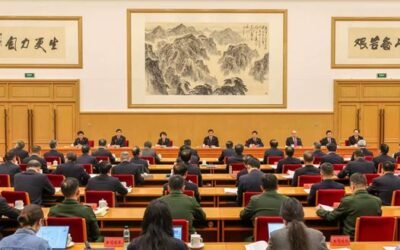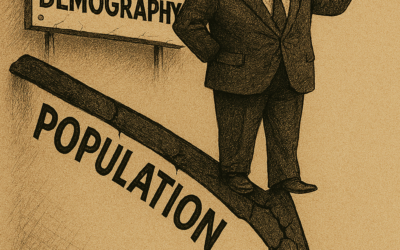Tiananmen Square, Uyghur Court, Hong Kong Square and Tibet Hill may become main thoroughfares around the soon to be built Chinese embassy in London.
by Ruth Ingram
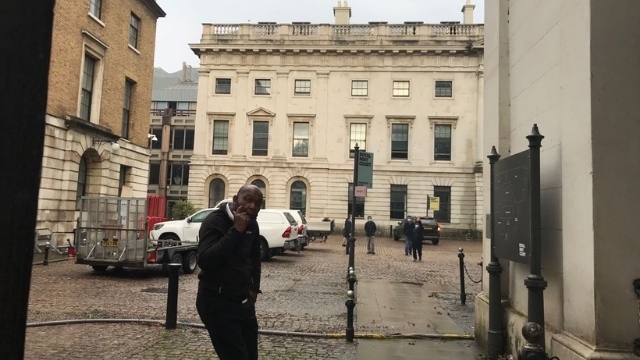
Following a landmark vote by Tower Hamlets local authority in March, councilors agreed in principle that in solidarity with persecuted groups in the PRC, the roads surrounding the former Royal Mint would be re-named in their honor, in the area where the largest Chinese embassy in the world is planned to be built. The local authority agreed in March to investigate the name changes proposed by councilor Rabina Khan, but action is pending while the planning application is processed.
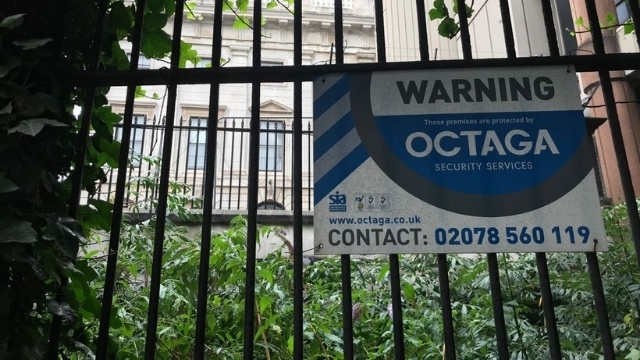
Waving signs demanding Tower Hamlets borough council fulfils its promise to rename the streets, more than a hundred protesters and supporters took their stance against the towering gates of the iconic building which has been bought for an estimated $292 million. Flanked by a skeleton police cordon and agitated security guards from within the compound, councilors who had supported the fight for the name changes spoke of the history of Tower Hamlets which has not been without its own struggles against racism and prejudice.

Councilor Rabina Khan described the scenes in 1936 during the “Battle of Cable Street,” when 100,000 of the local community turned out to bar fascists intent on hounding the East London’s Jewish community. “The East End has always been a sanctuary for oppressed people,” she said, vowing cross party solidarity with China’s persecuted minorities.

Councilor John Bates spoke of British public anger at “CCP oppression and abuse” and urged his council to follow through its decision. He cited the collusion of “big business” in its dealings with China, and its weakness in upholding freedoms.

“Councils like Tower Hamlets must show real leadership,” he said, a sentiment echoed by colleague councilor Peter Golds who has spearheaded the initiative. Golds advocated naming a nearby unnamed alley in honor of one of the groups, so that “anyone who passes by will be constantly reminded of the fate of those people.”
Proudly stating that not a drop of his own blood was British, Golds recounted his Polish and Lithuanian grandparents fleeing persecution and taking refuge in London, where they had sought freedom. This was his reason, he said, for standing with those whose history and culture was being destroyed by the CCP. The accounts of detention camps, punishments for praying and growing a beard, slavery, mass sterilization and torture, sounds “horribly like the Europe of 1940-45,” he said.
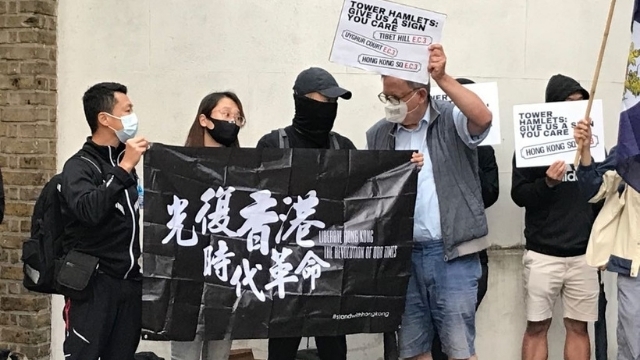
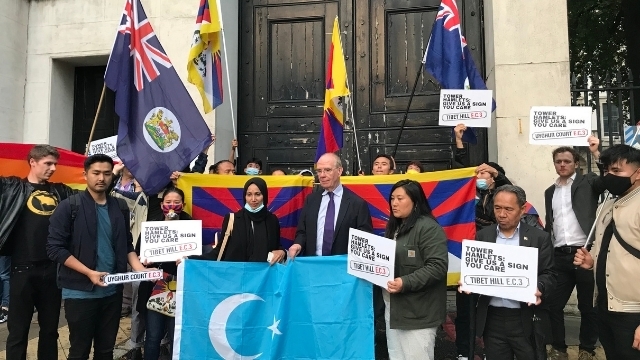

Rahima Mahmut of the World Uyghur Congress summarized the horrors put to the People’s Uyghur Tribunal over the past four days in London. “We have also heard of the Chinese regime attempting to silence and discredit the voices of those working to expose the truth,” she said. “This is not new. All of us know well how the CCP uses money and power to stop other countries taking action. The Chinese regime is frightened of the world knowing the scale and the inhumanity of their crimes against our people. That is why they try to punish and discredit those of us in exile that dare to speak out.”


A successful campaign would mean the communities that the CCP sought to erase would be “celebrated on the walls surrounding the fortress they want to build for themselves,” she said. “A constant reminder that the people of this city have chosen to stand against violence and authoritarianism.”


Ruth Ingram is a researcher who has written extensively for the Central Asia-Caucasus publication, Institute of War and Peace Reporting, the Guardian Weekly newspaper, The Diplomat, and other publications.

